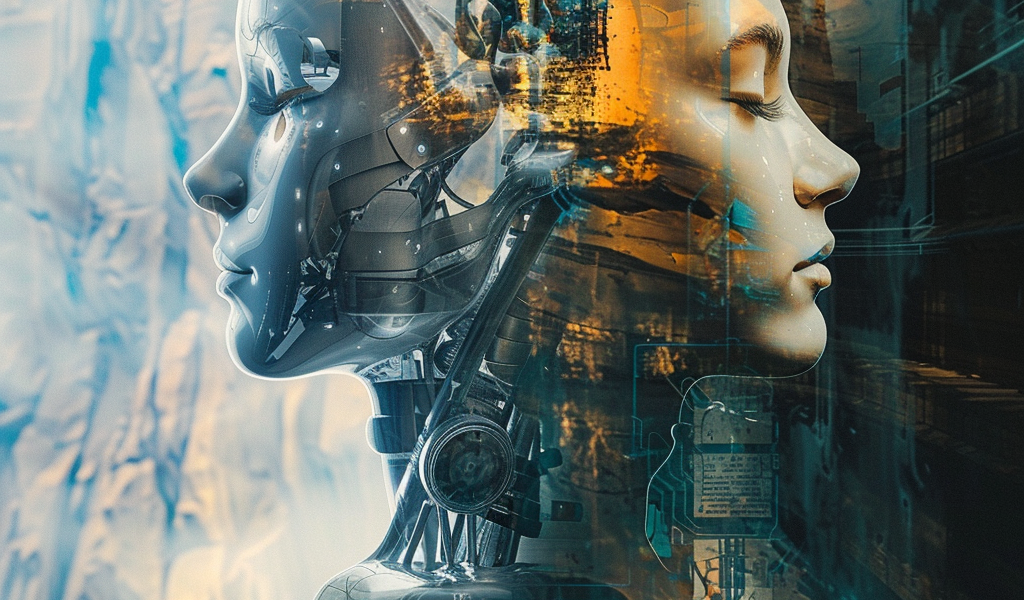The debate surrounding artificial intelligence (AI) and its implications for society has once again been thrust into the spotlight with the recent legal battle between tech mogul Sam Altman and actress Scarlett Johansson. The dispute arose when Johansson accused Altman’s OpenAI of using her voice without consent in their latest ChatGPT release, reminiscent of her iconic performance in the movie ‘Her’.
While the film ‘Her’ explores a futuristic relationship between a man and his AI operating system, the real-world implications of AI technology are far more complex. As governments worldwide grapple with regulating AI, the ethical dilemmas surrounding AI development are coming to the forefront.
The intersection of AI and human labor is a key point of contention. AI systems are often trained on vast amounts of data generated by human actions, raising concerns about the exploitation of labor in the name of technological advancement. Whether it’s actors like Scarlett Johansson or everyday workers in various industries, the use of AI raises important questions about consent and ownership of one’s digital likeness.
A recent Guardian Essential poll sheds light on public perceptions of AI, revealing a stark divide between industry enthusiasm and public skepticism. The majority of respondents expressed concerns about the risks posed by AI, highlighting the need for a more nuanced approach to AI development and deployment.
As the debate over AI continues to evolve, it is clear that a critical perspective is essential in navigating the ethical and societal implications of this rapidly advancing technology. While AI has the potential to revolutionize various industries, it also raises significant ethical challenges that must be addressed to ensure a fair and equitable future for all.





